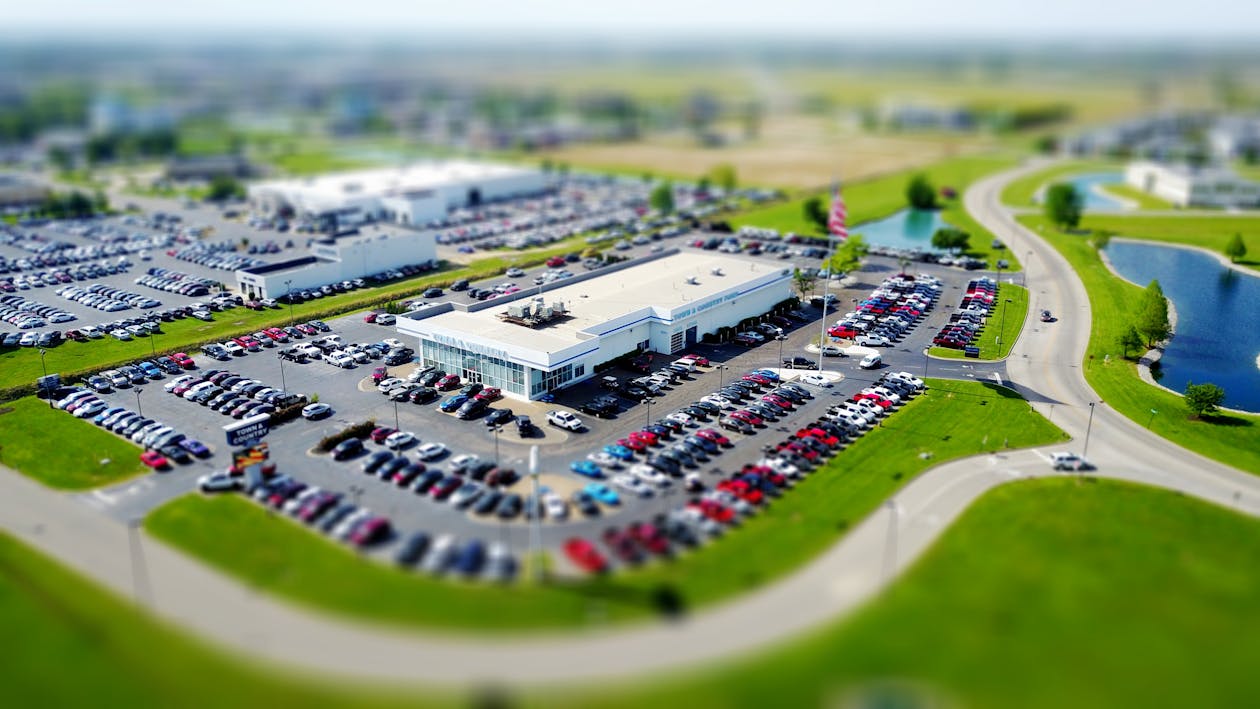In a major move toward decarbonizing the transportation sector, the European Union (EU) has reaffirmed its commitment to a 2035 ban on CO2-emitting cars. This landmark decision aims to phase out new internal combustion engine (ICE) vehicles and accelerate the shift towards electric vehicles (EVs), as part of the EU’s broader strategy to achieve net-zero emissions by 2050.
While the ban has been widely hailed by environmental groups and climate advocates, it has raised significant concerns within the automotive industry, especially among manufacturers that are still heavily reliant on gas and diesel cars. The decision also adds urgency to the EU’s ongoing efforts to address the supply chain challenges, charging infrastructure, and affordability issues surrounding the widespread adoption of electric vehicles.
The 2035 Ban and the EU’s Climate Goals
The EU’s decision to implement a ban on new CO2-emitting cars by 2035 is a cornerstone of its Green Deal and the Fit for 55 package, which aims to reduce the bloc’s greenhouse gas emissions by 55% by 2030, compared to 1990 levels. The ban is designed to meet the EU’s ambitious climate neutrality goal by mid-century, with the broader ambition of becoming the first climate-neutral continent by 2050.
Transportation is one of the largest sources of carbon emissions in the EU, responsible for nearly 25% of total emissions. The shift to electric vehicles (EVs) is viewed as one of the most effective ways to decarbonize the sector and meet climate targets. The 2035 deadline is intended to align with growing demands for cleaner air in urban centers, reduce dependence on fossil fuels, and contribute to the EU’s green energy transition.
The legislation will apply to all new passenger cars and light commercial vehicles, effectively phasing out traditional vehicles powered by gasoline and diesel engines. The regulation also includes an aggressive plan to ramp up the charging infrastructure necessary to support the EV market and incentivize manufacturers to invest in sustainable vehicle technology.
Industry Pushback and Concerns
Despite the EU’s ambitious climate objectives, the 2035 ban has not been without controversy. The automotive industry has voiced concerns over the practicalities of the transition, citing several obstacles to a full switch to electric vehicles.
- Manufacturing Challenges: Many manufacturers are concerned about the costs and complexity of switching production lines from traditional vehicles to electric models. While companies like Volkswagen, BMW, and Stellantis have committed to EV transitions, they argue that the 2035 timeline may be too ambitious to achieve at the pace required. There are also concerns over the supply chains for critical materials like lithium, cobalt, and nickel, which are necessary for EV batteries. Supply chain bottlenecks and resource shortages could pose risks to the overall transition.
- Charging Infrastructure: The lack of sufficient and widespread charging infrastructure is another significant hurdle. While EV adoption is growing in many European countries, charging stations remain sparse, particularly in rural areas. Industry players stress that the rollout of charging points must happen simultaneously with the shift to electric cars, otherwise, consumers will remain hesitant to adopt EVs due to range anxiety—the fear of running out of battery on the road.
- Affordability: The price of electric cars remains a concern, especially for consumers in lower-income brackets. While EV prices are expected to decrease as battery technology improves and production scales up, many affordable electric vehicles are still out of reach for many EU citizens. Automakers are calling for more government support, including subsidies and incentives, to help make electric vehicles accessible to a broader range of consumers.
- Impact on Jobs: The transition to EVs is also raising concerns about job displacement in the traditional automotive sector. The shift away from internal combustion engine vehicles could lead to job losses in parts of the supply chain associated with traditional car manufacturing, such as the production of engines, exhaust systems, and other components. The EU has promised to ensure that workers affected by the transition will receive support through retraining programs and efforts to develop new industries related to green technologies.
The Green Deal and The Future of Transportation
The EU’s decision to uphold the 2035 ban on CO2-emitting vehicles reflects its determination to lead in the global battle against climate change. The move aligns with the EU’s Green Deal, which aims to make Europe the first climate-neutral continent by 2050. The ban also comes in the wake of mounting pressure from climate activists and environmental organizations, who have long advocated for a rapid decarbonization of the transportation sector.
Electric vehicles are considered a key pillar in achieving climate neutrality, as they produce zero tailpipe emissions and can be powered by renewable energy sources. In addition to the environmental benefits, the EU believes that the transition to EVs will create new economic opportunities in clean energy, electric mobility, and green manufacturing. A growing number of companies and startups in the electric vehicle and charging infrastructure space are expected to benefit from the shift, leading to the creation of new green jobs.
Moreover, the EU’s aggressive push for electric cars dovetails with the growing consumer demand for sustainable products. According to recent surveys, many European consumers are now willing to pay a premium for eco-friendly vehicles, particularly as awareness of air pollution and climate change grows. Cities like Amsterdam, Berlin, and Oslo are already seeing significant uptake in electric vehicle usage, with many urban areas implementing low-emission zones and restrictions on traditional vehicles.
Moving Forward: Balancing Ambition with Practicality
While the EU’s 2035 target is a bold and necessary step in the fight against climate change, its success will depend on several factors, including the speed of the EV transition, the expansion of charging infrastructure, and the political will to overcome the challenges raised by the automotive sector.
To address industry concerns, the EU has already pledged financial incentives for the development of green technologies and battery production, and has set aside funding for the rollout of charging stations across the continent. Additionally, the European Commission has outlined a series of measures to help automakers navigate the transition, including flexible timelines and subsidies to support R&D in electric mobility.
At the same time, the EU will need to address the social and economic impacts of the transition, particularly on workers in the fossil fuel and traditional car manufacturing sectors. A just transition—one that ensures the benefits of decarbonization are shared equitably—will be key to maintaining public support for these climate policies.
Conclusion: A Green Future for Transportation
The European Union’s reaffirmation of the 2035 ban on CO2-emitting cars is a defining moment in the global effort to combat climate change. As the world’s third-largest car market, the EU’s move is expected to have far-reaching implications for the automotive industry, global emissions, and the future of sustainable transport.
Despite the challenges posed by the transition, the ban is a necessary step to align the EU with its ambitious climate goals and drive the adoption of clean, electric mobility. With the right policy support and industry collaboration, the EU is on track to become a global leader in electric vehicle adoption, creating a cleaner, more sustainable future for its citizens and the planet.
References:
- European Commission – Fit for 55: The EU’s Green Deal and Carbon Reduction Plans
Source: European Commission - Reuters – EU Reaffirms 2035 Ban on CO2-Emitting Cars
Source: Reuters - BBC News – EU to Ban CO2-Emitting Cars by 2035: Impact and Concerns
Source: BBC - The Guardian – EU’s Green Deal: Implications for the Automotive Industry
Source: The Guardian

